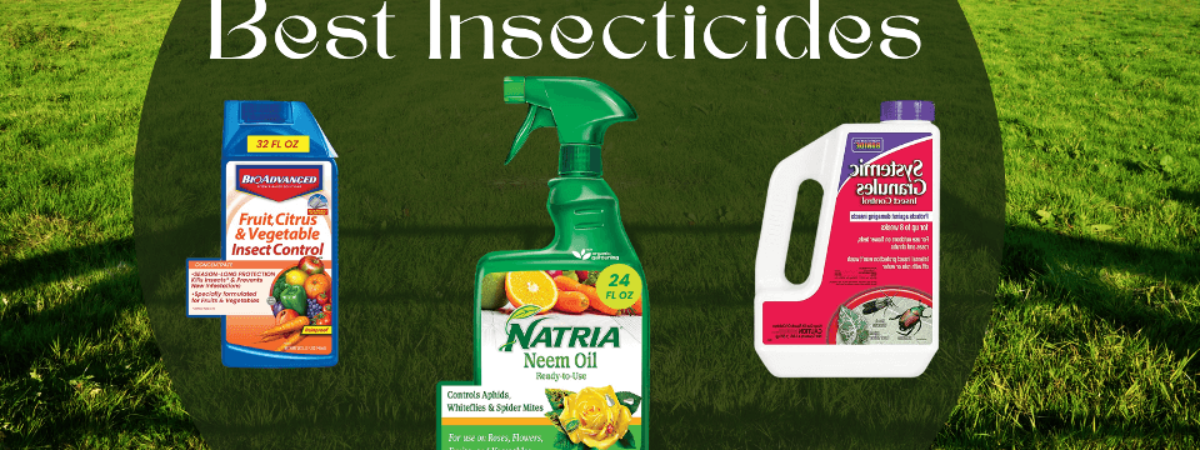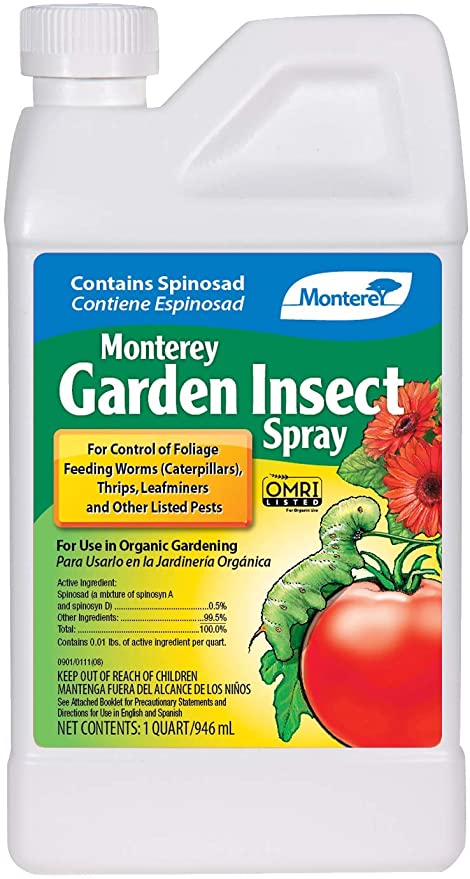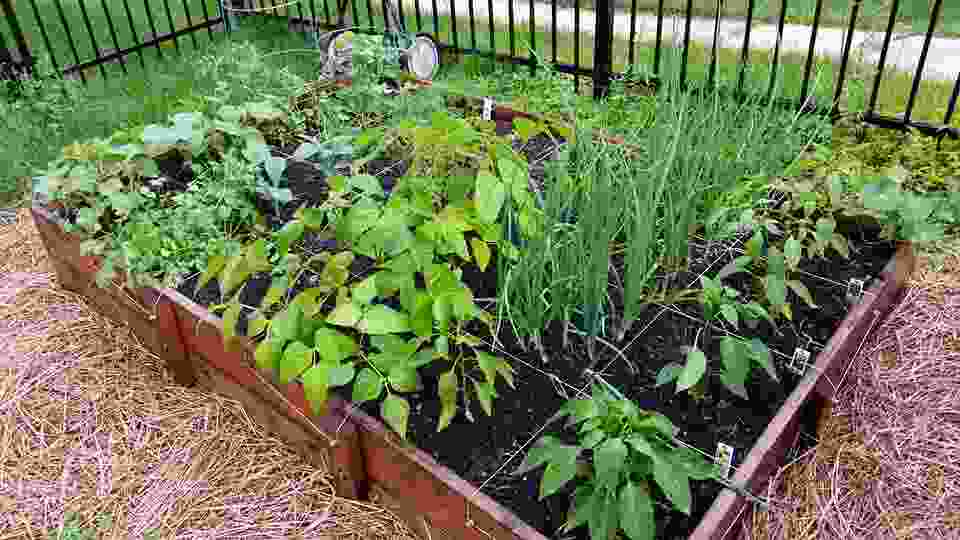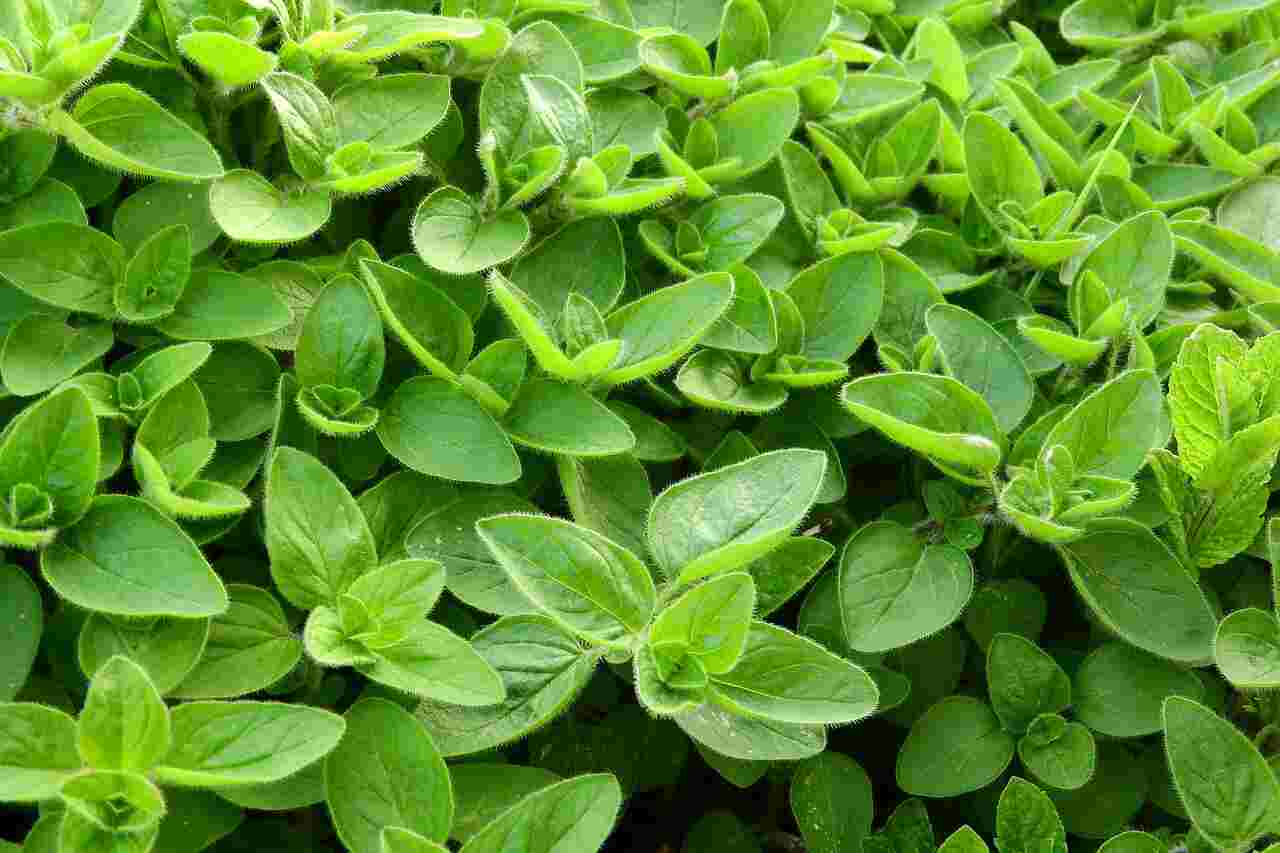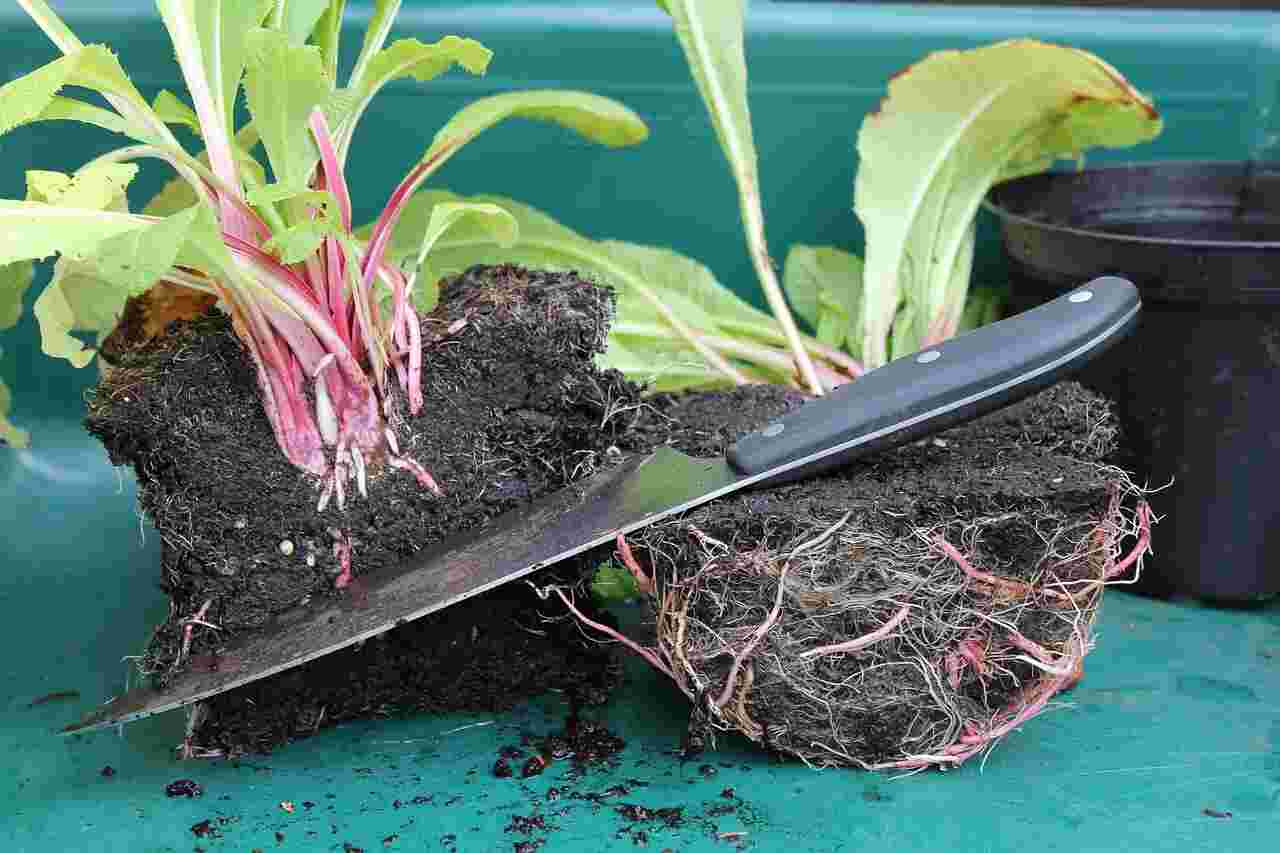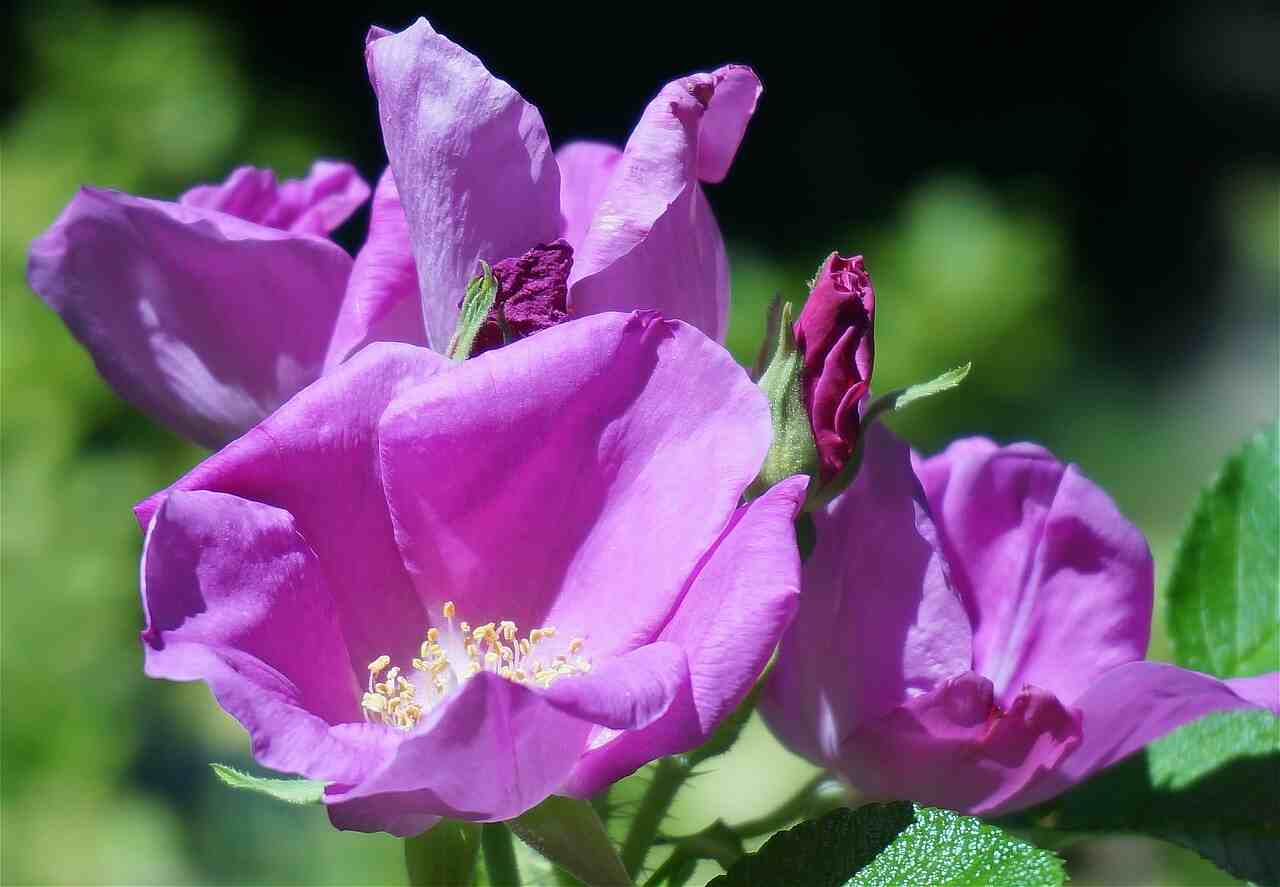Insects are an important part of a balanced garden environment. Ladybugs and praying mantises assist in eliminating plant-damaging pests, whereas bees and other pollinators assure a sufficient yield from herbs and vegetable fields, and fruit trees.
Fruit worms, aphids, Japanese beetles, roaches, and other pests can swiftly devastate the produce if they get a foothold in the yard.
This could be avoided with the use of a specific insecticide. Trying to preserve your yard and ensuring your plants are healthy could be enough to prevent pests away.
Because pests are drawn to rotting materials, a well-kept yard will be less appealing to pests. A great base is to water consistently, prune frequently, remove fading plants, and feed your soil.
What are Insecticides?
Insecticides have been used to destroy certain insects such as ants, snails, and wasps. They can indeed be natural or inorganic. These are often applied once an outbreak has developed as a defense against insect pests.
Organic insecticides have indeed been increasingly popular in recent years since they are non-toxic to people and animals. Click To TweetOrganic insecticides have indeed been increasingly popular in recent years since they are non-toxic to people and animals. In comparison to synthetic alternatives, these are also believed to be environmentally friendly.
Difference between Insecticide and Pesticide
The terms pesticide and insecticide are frequently used simultaneously, however, they are not identical. Recognizing the distinctions can aid you in selecting the best method for protecting your plants.
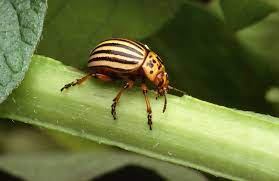
Pesticides cover a far wider range of products than insecticides. Pesticides are chemicals that are used to prevent or kill insects, weeds, and other animals such as birds. If you already have numerous species of damaging pests in your yard, you need to use a pesticide.
Insecticides are pesticides that are precisely designed to kill insects. Depending on what type of plant you really want protection and the pests you wish to get rid of in your yard, these could take a range of shapes.
Types of Vegetable Insecticide
Insecticides aren’t all considered equivalent. You’ll have to obtain information regarding your garden in order to choose the best option. To begin, determine which insects are inhabiting your plant.
Once you’ve identified your foe, you may select an insecticide that will kill the unwanted pests while posing no threat to certain other plants or species in the region.You should also think about the type of plants you’re cultivating.
Since they attack the pests that commonly infect various veggies, some pesticides are much more successful at safeguarding certain fruits and veggies. You really do not want to sprinkle your garden with chemicals that can harm the plants.
You can choose the best insecticide for you after you recognize which crops you’re safeguarding and also what pests you’re combating.
Choose the insecticide application method that intends to utilize the plants. Some pesticides appear in the form of a liquid spray, while others are available in the form of granules or dust.
When seeking insecticides, there are a few things to keep in mind.
The most significant elements to ponder when seeking insecticides for the vegetable garden are listed below:
They ought to be simple to use and require no accessories.
They should be successful in preventing certain pests or insects while causing no harm to certain other pests or the crop.
Once applied to the plants, this should not affect humans.
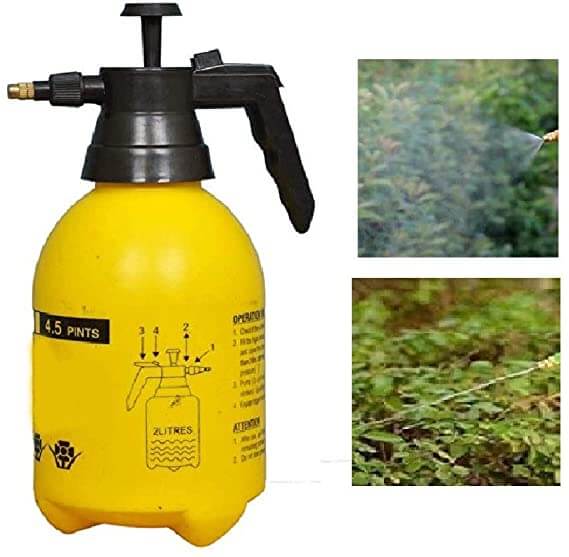
Liquid Spray
Liquid insecticide application is typically concentrated, and you’ll have to dilute it with water before using it in the crop.
Using a spray bottle, add liquid insecticide. Keep a protective face covering to avoid breathing the toxins while combining and treatment since liquid spray insecticide is volatile.
Even though some liquid spray pesticides are pre-mixed, I suggest getting a concentrated variety. When insecticides are combined with water, they start to deteriorate, and the insecticide will become less efficient if you store it.
Liquid insecticides have the disadvantage of giving consumers fewer control over where the toxins travel.
The spray becomes entangled in the atmosphere and travels to locations you wouldn’t want it to. Keep humans and pets out of the garden till the insecticide has had time to sink down.
Granules
Insecticide granules possess organophosphate, which paralyzes and kills pests by attacking their central nervous system. Ants, fleas, and crickets are the most susceptible to granular insecticides.
Granules are easy to place over specific portions of the garden compared to liquid spray if you just want to spray a particular region.
Insecticide granules are commonly used as systemic insecticides because their ingredients are incorporated via the root zone of the plants and repel insects in this manner. Click To TweetInsecticide granules are commonly used as systemic insecticides because their ingredients are incorporated via the root zone of the plants and repel insects in this manner.
To disseminate the insecticide through the soil, irrigate the granules right away. This resembles the action of a liquid insecticide even without risk of a spray spreading over the room. Insecticide granules can be used directly out of the package without diluting or blending.
Dust or Powder
Insecticide dust is a granular powder, whereas granules are kind of like pieces or crumbles. Insecticide dust can be used on smaller plants with lots of nooks and crannies for insects to hide in.
Dust is packed in a shaker container and is ready to use. Apply a small amount of dust to the plants. Smaller plants are best protected by the insecticide in dust form. I suggest using a liquid spray for taller plants.
Organic Vegetable Insecticide
Organic agriculture is for you if you prefer the more traditional, naturalistic techniques of farming.
There are many alternatives to insecticides for repelling unwanted insects, but even if you do all that you can to maintain your veggies safe and pest-free, you may still need to use insecticide.
This isn’t to say that you can’t have a garden that is eco-friendly. There are numerous organic alternatives:
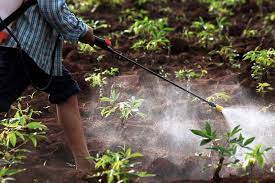
Spinosad
Spinosad is a sugar cane-derived organic molecule that works as an insecticide. Insecticides containing Spinosad are organic mixtures that are deadly to insects.
These really are famous because they are both animal and human safe. Thrips, mosquitoes, spider mites, ants, and fruit flies are all attracted to these. The wonderful thing about Spinosad is that it produces virtually immediate results.
Pyrethrin
The organic chemical pyrethrin is present in chrysanthemums. These are non-toxic to the vegetable garden yet extremely successful in terms of control of insect pests.
Ants, cockroaches, caterpillars, fleas, real bugs, flies, wasps, and aphids are all easy to get rid of with them. After the insects have indeed been exterminated, this insecticide swiftly evaporates from crops and the ground.
Pyrethrin can irritate the skin if you come into contact with it, however, it has a lower level of toxicity in people and dogs. Pyrethrin sensitivity is higher in cats than that of other mammals.
Neem Oil
Neem oil is a naturally present oil contained in the fruit and seeds of the neem tree, a native Indian evergreen tree. Small amounts are harmless for animals and people, but greater concentrations can be harmful.
Neem oil is an efficient organic pesticide when diluted in water. Azadirachtin, a molecule found in neem oil, kills or repels insects.
Aphids, whiteflies, and mealybugs are all attracted to the smell of neem oil, which can also kill mites and nematodes. You can maintain your yard safely without causing ecological damage.
Essential Plant Oils
Non-toxic oils, such as neem, are derived from seeds and fruits. They are effective at repelling pests and aiding the plant’s recovery against infection.
Oils derived from cedar, lavender, eucalyptus, citronella, and rosemary plants are among them. The one disadvantage of essential oils is that they have been excellent at deterring insects but do not usually kill them once they have attacked your plant.
Inorganic Vegetable Insecticide
Imidacloprid
Imidacloprid, a neurotoxin that affects insect nerve function, is one of several compounds used to combat plant pests.
Because it attaches more firmly to insect neuron sensors, the toxin is more toxic to insects than that to mammals.
Imidacloprid is extensively used in farming to reduce the invasion of aphids, beetles, stink bugs, and locusts, as well as to discourage termites from concrete foundations.
Permethrin
Permethrin is an artificial pyrethroid meant to imitate the impacts of chrysanthemums on aggressive insects.
It causes involuntary muscle spasms, paralysis, and mortality in insects that ingest or come into contact with it.
Although the chemical is less hazardous to insects than to dogs and humans, it does harm animals. Touching, inhaling, or ingesting permethrin causes a scorching or itching feeling in humans.
5 Best Vegetable Insecticide
Dyna Gro Neem Oil
Dyna-Gro is a pest killer that may be used in a variety of situations. This insecticide is effective against mites, flies, mildew, and other pests.
The greatest feature about this remedy is that it’s a fungicide, miticide, and insecticide all in one. Spraying in the early spring, even before the commencement of a pest onslaught, yields the best effects.
It is cost-effective, a product with several uses and as a dormant spray, it’s fantastic.
Natria Neem Oil Spray for Vegetables and Fruit, Ready to Use
Another fantastic product. The organic insecticide Natria Neem Oil is excellent on both indoor and outdoor plants. It’s harmless to be used on roses, flowers, fruits, and vegetables, and it’ll keep the plants alive until harvest time.
Neem oil, the essential element of Natria Neem Oil, is an organic chemical that reduces aphid, whitefly, and spider mite epidemics in an ecologically sound manner. It’s also good for preventing black spots and mildew from infesting the plant.
This liquid is pre-diluted and prepared to be used in a spray bottle, so I didn’t have to weigh or dilute it. Although this is easy, mixing the insecticide with water could reduce the insecticide’s efficacy throughout time.
Monterey Garden Insect Spray, Insecticide with Spinosad
Use a pesticide containing the organic chemical Spinosad to attack leafminers, moths, borers, and fire ants. Monterey Garden Insect Spray comprises spinosad and is an eco-friendly solution to keep pests out of your yard.
Spinosad is a pesticide derived from sugar cane that is used to treat fleas and heartworm in pets. Monterey Garden Insect Spray is a pesticide that kills flies, beetles, grasshoppers, and ants.
This could take a couple of days for the spray to start working on insects once they swallow it. Even if it’s near harvest season, you could use this insecticide. After treating the plants, one can collect them within a few weeks.
Bonide Insect Control Granules Imidacloprid Insecticide
Bonide Insect Control Granules are a systemic insecticide, meaning they are taken into the roots of your crops.
That makes them efficiently fight scale insects that are hard to extract externally due to the waxy layer they leave on the plants when they’ve adhered themselves to plants.
Bonide Insect Control Granules possess 0.22 percent imidacloprid, a man-made toxin that attacks invasive insects’ nerve systems. Aphids, mealybugs, whiteflies, leaf miners, and scale insects are all controlled by the granules.
Because it attaches more directly to insect synapses, this pesticide is much more powerful against insects than mammals. Even so, keep your family and pets far from this insecticide because it can be mildly harmful if consumed or absorbed via the skin.
Bio Advanced Fruit, Citrus and Vegetable Insect Control
Bio-advanced Fruit, Citrus & Vegetables are created to safeguard fruit-bearing trees from dangerous pest infestations.
Even after the initial infection is eliminated, it destroys Asian Citrus Psyllids and protects the crops. It provides all-season rainproof and insect-proof protection.
Imidacloprid, the main ingredient of this pesticide, is a toxin that disrupts the central nervous system of invasive insects such as aphids, thrips, leafhoppers, and whiteflies.
It also works on scale insects, which are known to harm fruiting trees. Because scale insects produce a wax covering to defend themselves when connected to plants, they can be impossible to prevent.
Conclusion
Selecting the perfect insecticide for vegetable gardens is just not complicated; all you have to do is focus on the path you would like to take.
Organic or synthetic, liquid granular or dust, wide or narrow-spectrum, broad-spectrum, or narrow-spectrum. This is absolutely your own choice.
Natural and chemical formulae intended to target certain pest types or a large number of pests at once are included in the following list.
Many are odorless, leave no trace, and are suitable for a wide range of plants, lawns, and houseplants. Furthermore, certain solutions can be used both indoors and outside.

